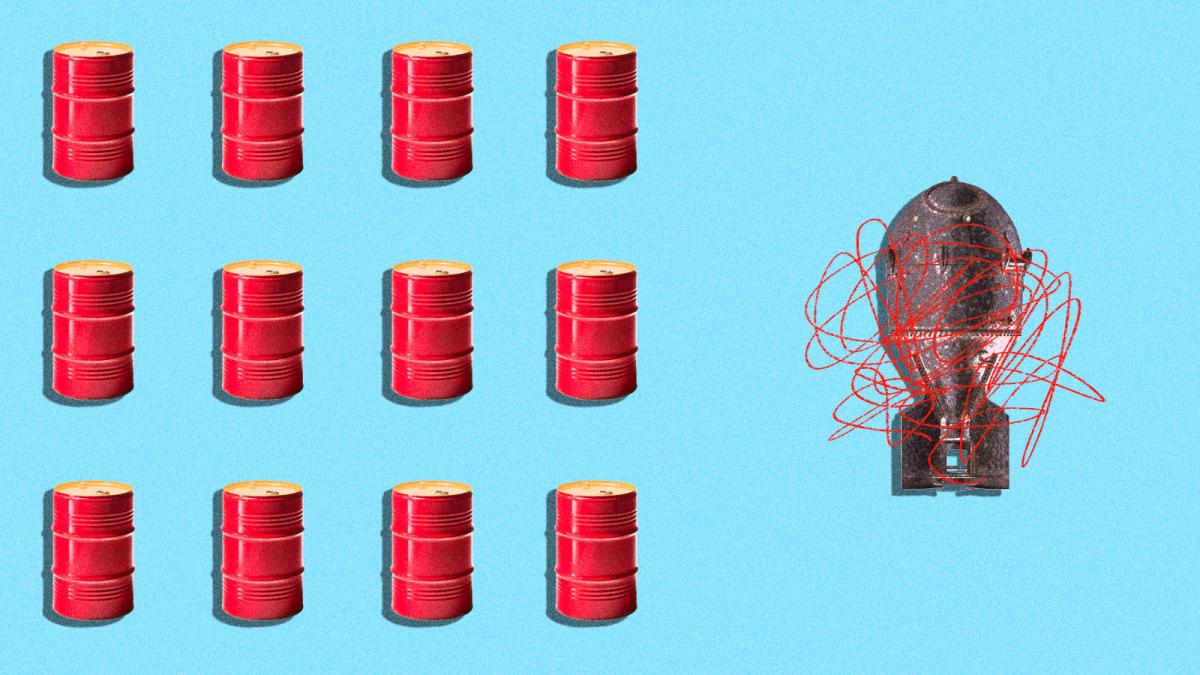For decades, the potential for a nuclear catastrophe felt like a waking threat, just around the corner. Then, in 1968, many of the nations once responsible for pushing the world to the brink of nuclear war collectively agreed to reverse course, signing the Treaty on the Non-Proliferation of Nuclear Weapons. Member nations, including the United States and the Soviet Union, agreed to end the stockpiling of nuclear weapons and eventually move toward full disarmament. While it didn’t end the threat of nuclear weapons overnight, this framework helped set in motion a new era. Today, the global arsenal of nuclear weapons is a fifth of what it was during the height of the nuclear arms race in the 1980s.
Half a century later, the nations once stockpiling nuclear weapons are now stockpiling fossil fuels, which are already upending life on earth as we know it. That’s why a group of activists, policy experts, and academics are beginning to push for a Fossil Fuel Non-Proliferation Treaty, modeled off its predecessor on nuclear weapons. Both treaties are rooted in the idea that “there are certain technologies and certain substances that pose such a global risk to humanity that we have ... Read more



